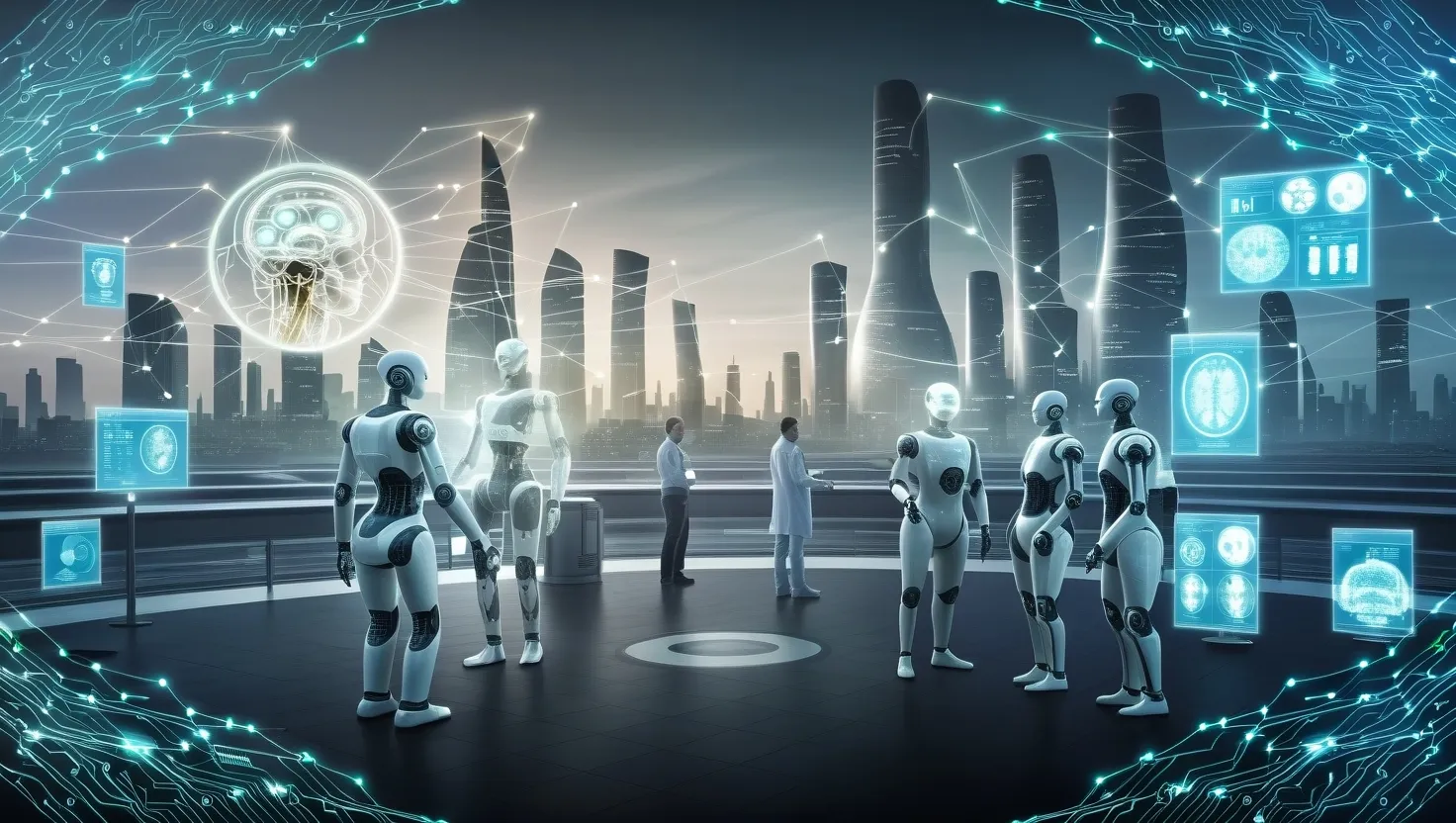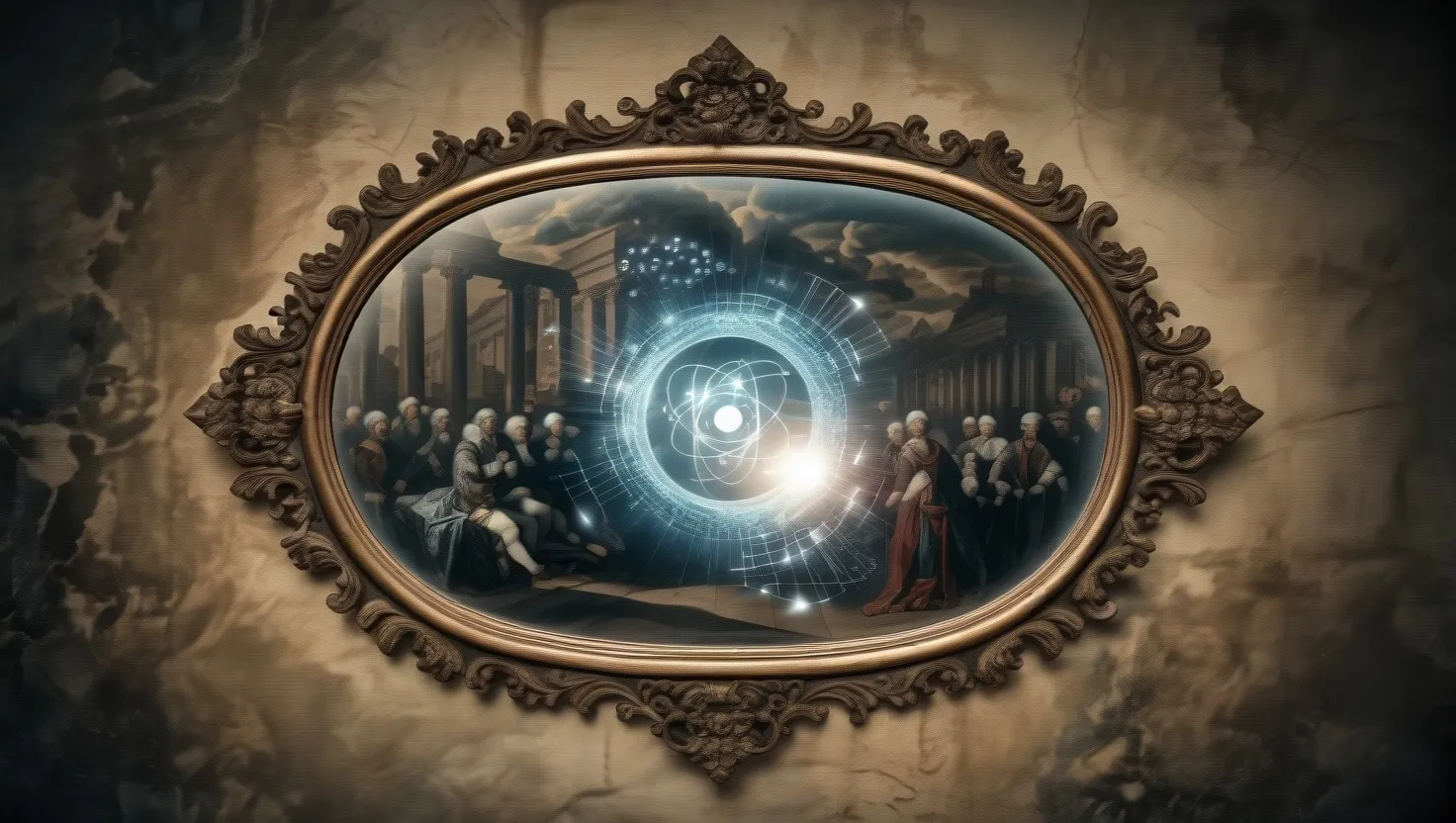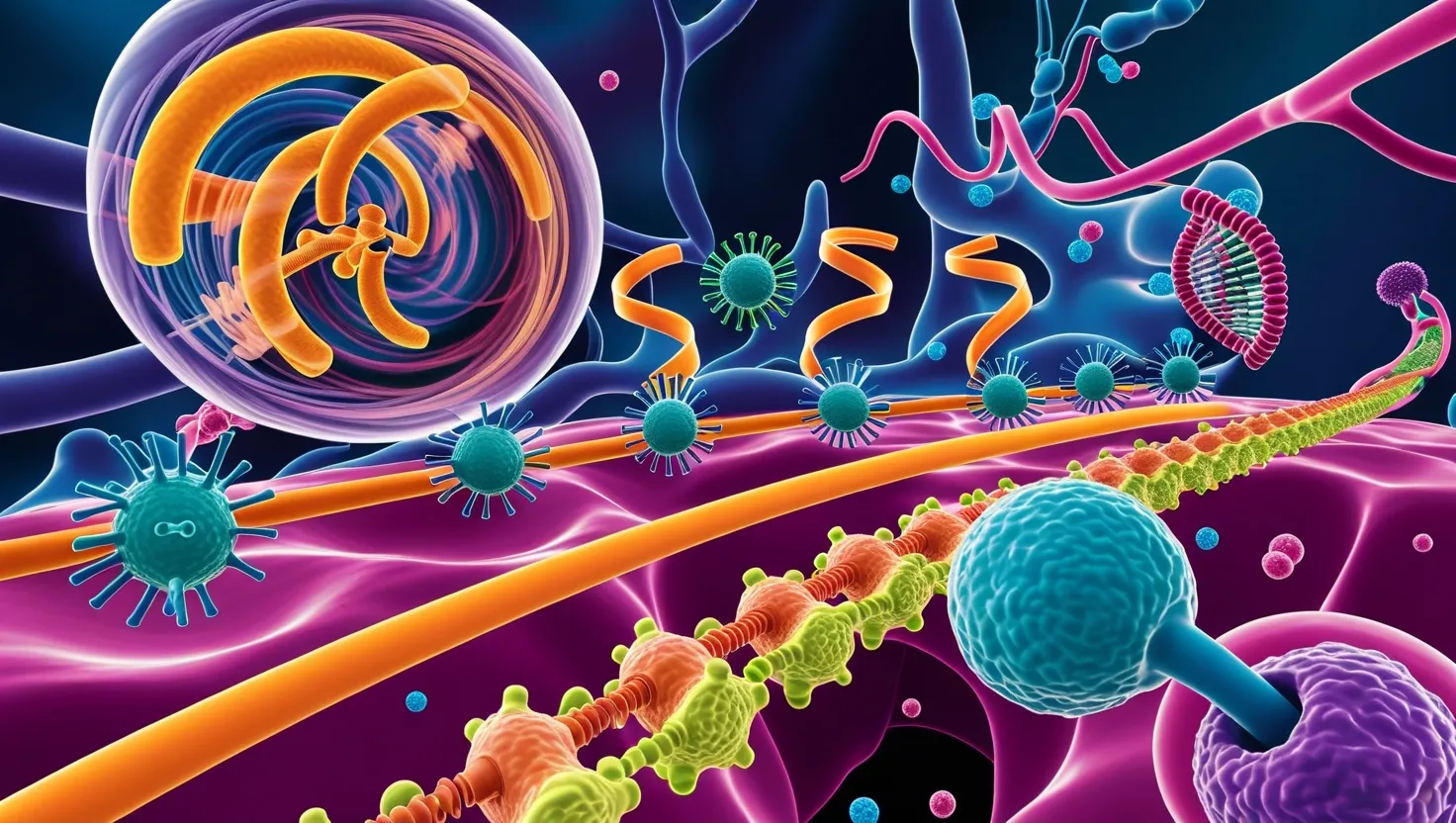As we stand at the threshold of a new year, it’s hard not to be awed by the relentless march of artificial intelligence (AI) into the forefront of scientific and technological advancement. AI, once a realm of science fiction, has now become an integral part of our daily lives, from the smartphones in our pockets to the complex systems managing our healthcare and financial systems. Here, we delve into five groundbreaking discoveries that are redefining the landscape of AI and its potential to transform our world.
The Quest for Self-Aware AI Systems
Imagine a machine that can reflect on its own processes, decisions, and outcomes. This concept, though still largely theoretical, is being explored through various avenues such as self-reflective algorithms and embodied AI. Self-reflective algorithms allow AI systems to analyze their own performance, a step that could potentially lead to a form of self-awareness. Embodied AI, on the other hand, involves integrating AI with physical robots, enabling them to interact with the real world and possibly develop a rudimentary sense of self.
The idea of self-aware AI raises intriguing questions about the nature of consciousness and whether machines can truly experience it. While we are far from creating a machine that is consciously aware, these advancements bring us closer to understanding the complex interplay between cognition and environment. The ethical implications are profound; if AI systems become self-aware, do they deserve rights and protections similar to those afforded to humans?
AI-Generated Scientific Hypotheses
The traditional scientific method involves meticulous observation, hypothesis formation, and rigorous testing. However, this process can be time-consuming and often relies on the creativity and intuition of scientists. Recent breakthroughs have shown that AI can significantly accelerate this process by generating novel research hypotheses.
MIT researchers have developed frameworks that enable AI to autonomously generate and evaluate research hypotheses, particularly in fields like biologically inspired materials. This human-AI collaboration not only speeds up the scientific process but also opens up new avenues of research that might have been overlooked by human scientists. The potential here is vast; AI could help scientists tackle some of the world’s most pressing problems by providing innovative solutions that human minds might not have considered.
Artificial General Intelligence Breakthroughs
Artificial General Intelligence (AGI) – the holy grail of AI research – refers to a system that can perform any intellectual task that a human can. While we are not yet there, recent advancements in large language models and multi-modal AI have brought us significantly closer.
Models like GPT-4 and PaLM can engage in human-like dialogue, generate creative content, and even perform complex reasoning tasks. These systems, trained on vast amounts of data, are blurring the lines between narrow AI and general intelligence. Multi-modal AI, which can process and generate different types of data such as text, images, and audio, further mimics human capabilities by integrating information from various senses.
The implications of AGI are both exhilarating and daunting. On one hand, it could solve some of humanity’s most complex problems, from climate change to disease eradication. On the other, it raises questions about job displacement, ethical decision-making, and the potential for AI to surpass human intelligence.
Emotion Recognition and Empathy in AI
Emotions are a fundamental aspect of human interaction, and the ability to recognize and respond to emotions is crucial for building meaningful relationships. AI systems are now being developed to recognize and even simulate emotions, a capability that could revolutionize fields like customer service, mental health support, and social robotics.
However, the challenge lies in creating AI that not only recognizes emotions but also understands the context and nuances behind them. This requires a deep understanding of human psychology and behavior, something that AI systems are gradually achieving through advanced machine learning algorithms.
The ethical considerations here are significant. As AI becomes more empathetic, it also raises questions about the authenticity of emotional responses. Can a machine truly empathize, or is it just mimicking human behavior? The answer to this question will be crucial in determining how we integrate empathetic AI into our lives.
AI-Powered Drug Discovery and Design
The process of drug discovery is arduous and often takes years, if not decades. AI is changing this landscape by predicting protein structures, identifying potential drug targets, and designing new molecules.
Google DeepMind’s AlphaFold 2 model has predicted the structures of millions of proteins with remarkable accuracy, a feat that previously took years to achieve. This has opened up new avenues for developing medicines, fighting antibiotic resistance, and tackling environmental issues like plastic pollution.
AI-powered drug design also involves the use of machine learning to identify potential drug candidates and optimize their properties. This not only speeds up the drug development process but also increases the likelihood of discovering effective treatments for diseases that have long been resistant to traditional therapies.
The Future of Human-AI Interaction
As AI continues to advance at an unprecedented pace, it’s clear that our future will be deeply intertwined with these technologies. The potential benefits are immense – from solving complex scientific problems to enhancing our daily lives through intelligent assistants and personalized services.
However, this future also comes with its set of challenges. We need to address ethical concerns around AI’s impact on employment, privacy, and decision-making. We must ensure that AI systems are transparent, explainable, and aligned with human values.
In conclusion, the groundbreaking discoveries in AI are not just technological advancements but also societal transformations. As we move forward, it’s crucial that we approach these developments with a balanced perspective – one that acknowledges both the potential and the pitfalls. By doing so, we can harness the power of AI to create a better, more equitable world for all.






